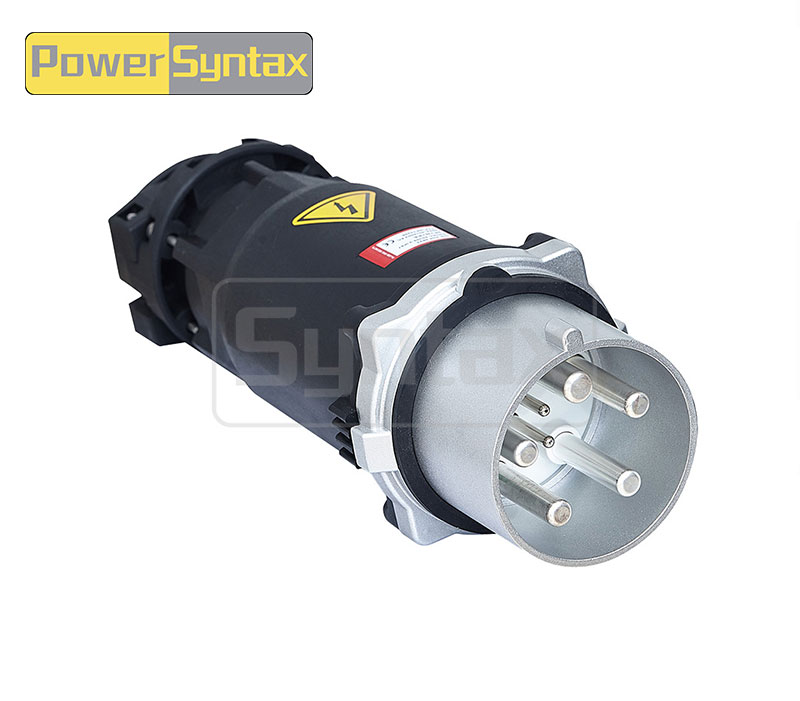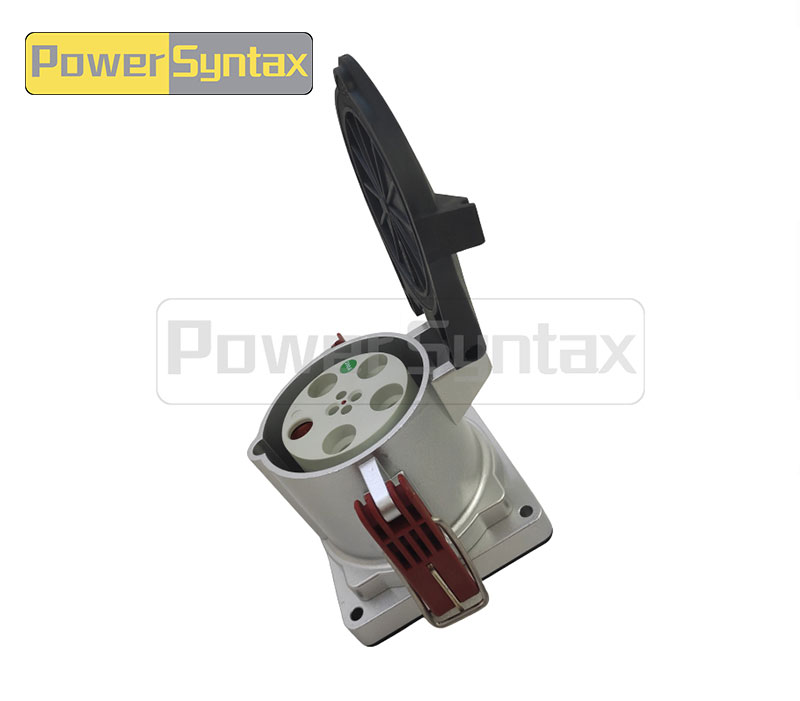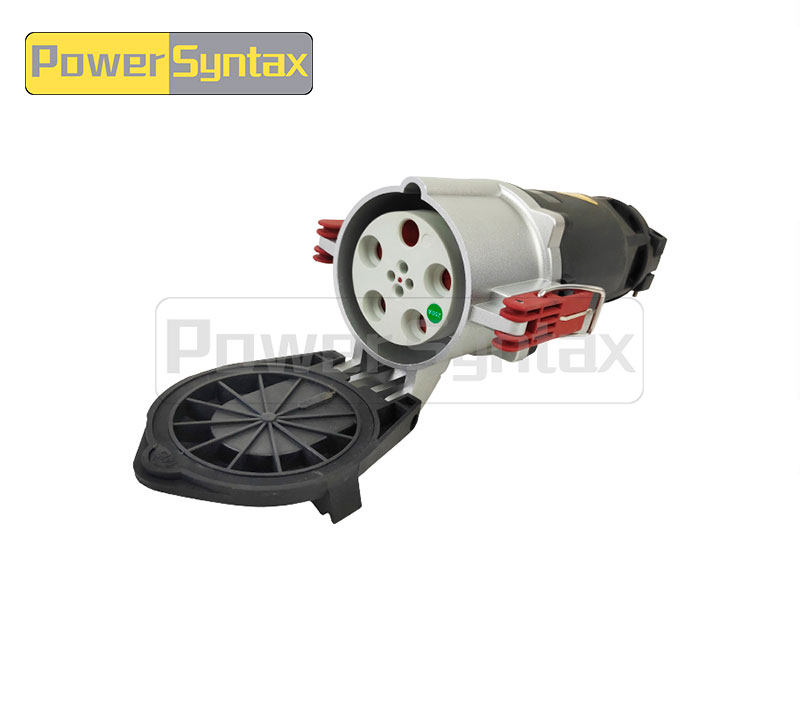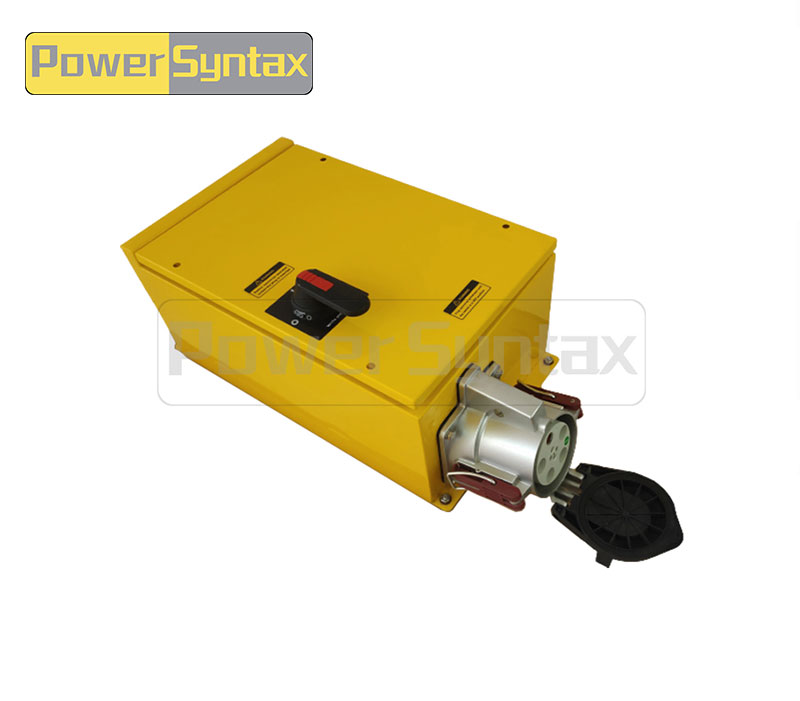Key Benefits of Industrial Plugs and Sockets
In industrial settings—from manufacturing plants and warehouses to construction sites and oil refineries—reliable electrical connections are the backbone of smooth operations. Unlike standard household plugs and sockets, industrial plugs and sockets are engineered to withstand harsh conditions, minimize risks, and optimize productivity. Below are the key benefits that make them indispensable for modern industrial operations:

1. Superior Safety: Protect Workers & Equipment
Safety is non-negotiable in industrial environments, where electrical hazards (such as short circuits, electric shocks, and fires) can lead to costly accidents and downtime. Industrial plugs and sockets address these risks with:
-
IP Protection Ratings: Most models boast IP44, IP65, or even IP67 ratings, shielding against dust, water splashes, and even temporary submersion—critical for wet or dusty areas like food processing plants or outdoor construction sites.
-
Anti-Shock Design: Insulated housings, grounded pins, and lockable connections prevent accidental disconnections and reduce the risk of electric shock when plugging/unplugging under load.
-
Flame-Retardant Materials: High-quality plastics (e.g., polyamide) resist high temperatures and combustion, lowering the chance of fire in case of electrical faults.
For facilities handling heavy machinery or high-voltage equipment, this safety layer isn’t just a luxury—it’s a compliance requirement with global standards like IEC 60309 and UL 1686.
2. Durability for Harsh Industrial Environments
Industrial sites subject electrical components to extreme stress: vibrations from machinery, impacts from tools, corrosive chemicals (in automotive or pharmaceutical plants), and temperature fluctuations (from -30°C in cold storage to 80°C in foundries). Industrial plugs and sockets are built to endure:
-
Heavy-Duty Construction: Reinforced housings and thick, flexible cables resist cracking, tearing, and wear from frequent use.
-
Corrosion Resistance: Plated metal contacts (e.g., brass or nickel) prevent rust and ensure consistent conductivity, even in humid or chemical-exposed areas.
-
Vibration Stability: Locking mechanisms (like twist-lock or bayonet fittings) keep connections secure, avoiding power interruptions caused by machinery vibrations.
This durability translates to longer lifespans—often 5–10 times that of standard plugs—reducing replacement costs and maintenance downtime.
3. Enhanced Efficiency: Minimize Downtime & Streamline Operations
Unplanned power outages or faulty connections can grind production to a halt, costing businesses thousands in lost revenue. Industrial plugs and sockets boost efficiency in three key ways:
-
Fast, Tool-Free Connections: Quick-plug designs let workers connect/disconnect equipment in seconds, eliminating the need for wiring or tools—ideal for shift changes or equipment reconfiguration.
-
Compatibility Across Equipment: Standardized configurations (e.g., 16A, 32A, 63A ratings) work with a wide range of industrial machinery, from motors and pumps to welding equipment and HVAC systems. No more mismatched plugs or custom wiring.
-
Load Handling Capacity: Industrial models support higher voltages (up to 690V) and currents, powering heavy-duty equipment without overheating—critical for high-demand operations like steel manufacturing.
A study by the International Electrotechnical Commission (IEC) found that facilities using industrial plugs and sockets reduced electrical downtime by 35% compared to those using standard connections.
4. Compliance with Global Industry Standards
Industrial operations must adhere to strict regulations to avoid fines, legal liability, and reputational damage. Industrial plugs and sockets are designed to meet global standards, including:
-
IEC 60309 (Europe, Asia, and most of the world): Specifies voltage, current, and pin configurations for industrial use.
-
UL 1686 (North America): Ensures safety for high-amperage industrial connections.
-
CE, CSA, and ATEX certifications: For use in explosive environments (e.g., oil refineries or chemical plants), where spark-proof designs prevent ignition of flammable gases.
By choosing compliant products, you avoid non-compliance risks and ensure seamless integration with equipment from global suppliers.
5. Cost Savings Over Time
While industrial plugs and sockets have a higher upfront cost than standard models, their long-term savings are undeniable:
-
Reduced maintenance: Durable designs mean fewer repairs and replacements.
-
Lower downtime: Reliable connections minimize production losses from electrical faults.
-
Energy efficiency: Secure contacts reduce energy waste from poor conductivity, cutting utility bills.
For example, a mid-sized manufacturing plant reported saving $12,000 annually after switching to industrial plugs and sockets—thanks to fewer downtime incidents and lower replacement costs.
Invest in Industrial Plugs and Sockets for Long-Term Success
Whether you’re upgrading an existing facility or building a new industrial site, industrial plugs and sockets deliver unmatched safety, durability, and efficiency. They’re not just electrical components—they’re an investment in your operations, your workers, and your bottom line.
Ready to find the right industrial plugs and sockets for your needs? Explore our range of IEC/UL-compliant models, or contact our team for personalized recommendations.





